The Yemeni peace activist Tawakkol Karman once said that youth is a revolution; they cannot be stopped, they cannot be oppressed, and they cannot be silenced.
That was certainly true in Bangladesh on Aug 5. The sudden toppling of the country’s authoritarian ruler, Sheikh Hasina, led Karman’s fellow Nobel Peace Prize laureate Muhammad Yunus to declare it Bangladesh’s “second independence day.”
What began as a non-violent student protest against the country’s highly politicised system of public-sector job quotas quickly escalated into an anti-government Gen Z revolution.
This youth uprising lit a match in a society that was already deeply dissatisfied with rising living costs, corruption, and violent crackdowns on dissent.
The catalyst came on July 16, when police shot and killed student leader Abu Sayed.
Tens of thousands of Bangladeshi students took to the streets to demand justice, but Hasina’s government denied the killing and deployed party student cadres, border security guards, and the military to crack down on the protests.
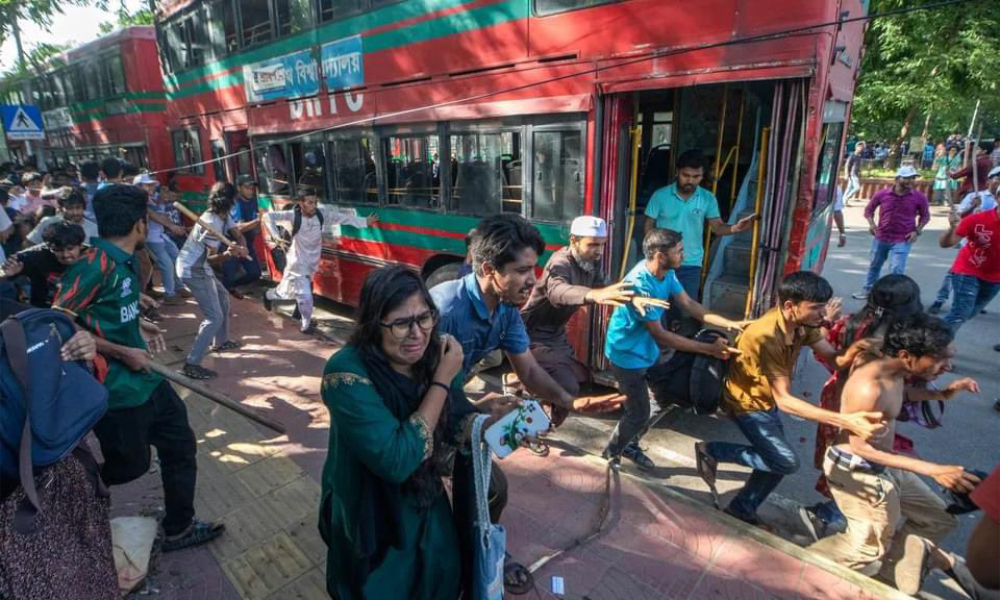
Outraged by this violent response, the protesters demanded Hasina’s resignation, while she labelled them all terrorists.
Then, on Aug 4, nearly 100 people were killed after the government imposed a new digital and street curfew. But the bloodiest day in the country’s post-independence history turned the tide against Asia’s iron lady.
The army chief defied her order to continue enforcing the curfew, and she resigned the next morning as massive crowds marched on her official residence in Dhaka.
Eager to avoid more bloodshed, the army facilitated Hasina’s escape by helicopter while distancing itself from her party to signal a neutral stance during the transition.
Bangladesh’s highly politicised job quota system had become a symbol of Hasina’s broken promises and corruption.
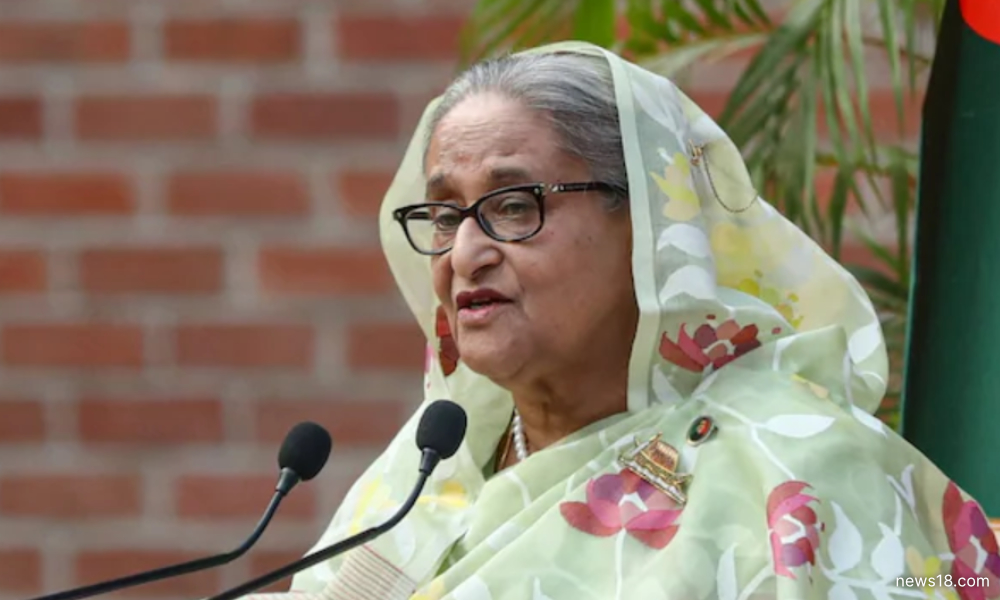
With the number of university students growing rapidly, the failure to create enough jobs left millions unemployed after graduation. The combination of rising aspirations and limited opportunities has left an entire generation feeling thwarted.
At the macroeconomic level, growth under Hasina’s tenure was not widely shared. Businesses and political elites close to the regime reaped most of the profits, and the restrictive job quota system rewarded party loyalists.
The private sector struggled to absorb a growing educated workforce because export-led growth remained concentrated in low-skill sectors like textiles. And even there, the proportion of women workers has been declining.
Instead of focusing on harmonising education and skills development with private-sector job creation, the government embraced controversial mega infrastructure projects.
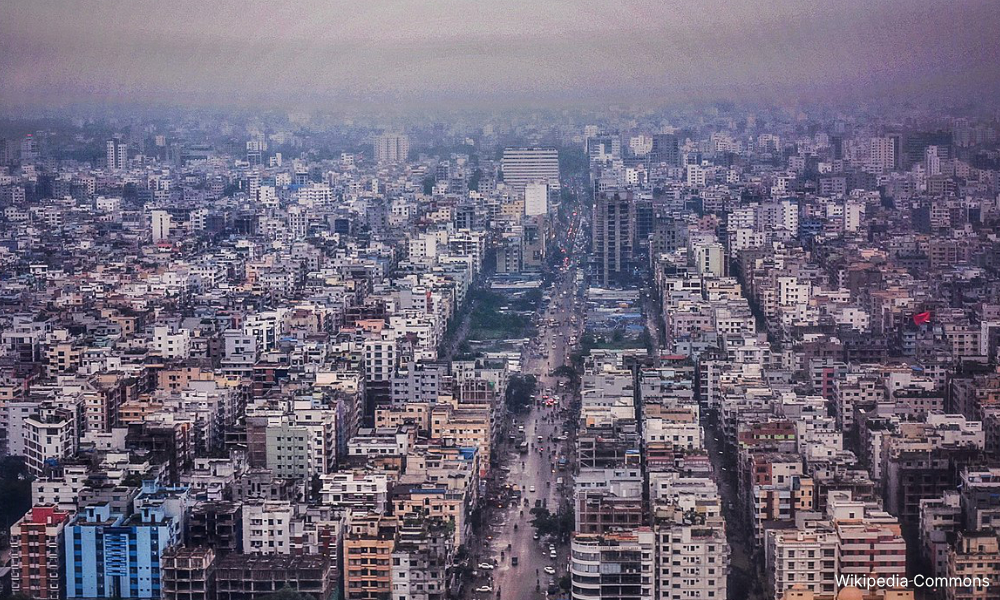
As the size of the state bureaucracy increased, so did benefits and pay for civil servants, crowding out funds for private-sector investment.
Authoritarian fist
In addition to presiding over rampant corruption, cronyism, rising living costs, and a stagnant labour market, Hasina’s regime grew increasingly authoritarian over time.
Three rigged elections kept her in power for nearly 16 years, and hundreds of people have been “disappeared” or locked away as political prisoners.
Now, her spectacular fall has allowed Yunus to take the reins, leading a new caretaker government with 16 other advisers.
It is an ironic development, considering that Hasina had long sought to destroy Yunus’s Grameen Bank, which pioneered the field of microfinance to support the poor.
Weaponising Bangladesh’s legal system, Hasina levelled nearly 200 trumped-up charges against Yunus, eventually securing a conviction against the 84-year-old at the beginning of this year.
To restore Bangladesh’s democracy, the new government must tackle several challenges simultaneously.
These include stabilising the economy, winning back the confidence of the business community, securing support from the international development banks, and restoring civil order.
Yunus is well-equipped for the task, given his enormous domestic and international prestige, his grassroots experience as the founder of one of the world’s largest NGOs, and his promotion of social business.
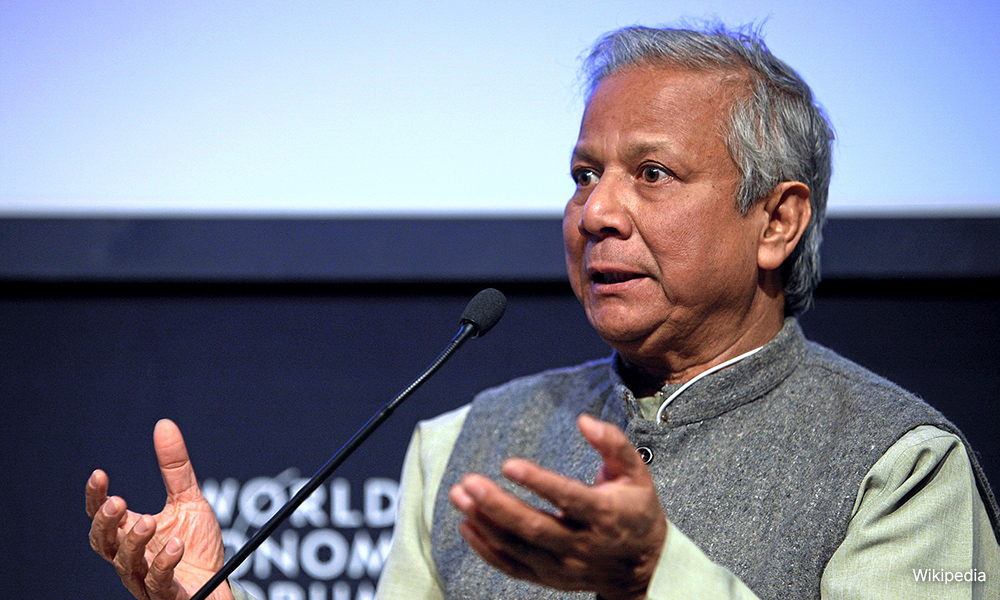
A return to democracy is not guaranteed, of course. After three national elections that were nothing more than a one-woman show, the institutions needed to sustain a functional electoral democracy have been hollowed out.
In the days following Hasina’s departure, Bangladesh had no government, leading to a sharp rise in lawlessness and violence against members of her regime.
Hundreds of police stations were burned, and the parliament building was vandalised.
Moreover, there are already worrying signs that other political parties may try to seize control of key institutions. The country’s newly appointed attorney general, for example, is a senior member of the Bangladesh Nationalist Party, the main opposition party.
None of the country’s mainstream parties is untainted by a legacy of corruption and repression, and all are trying to rush the country into an early election, so that Yunus’ interim rule may not be long enough to make a difference.
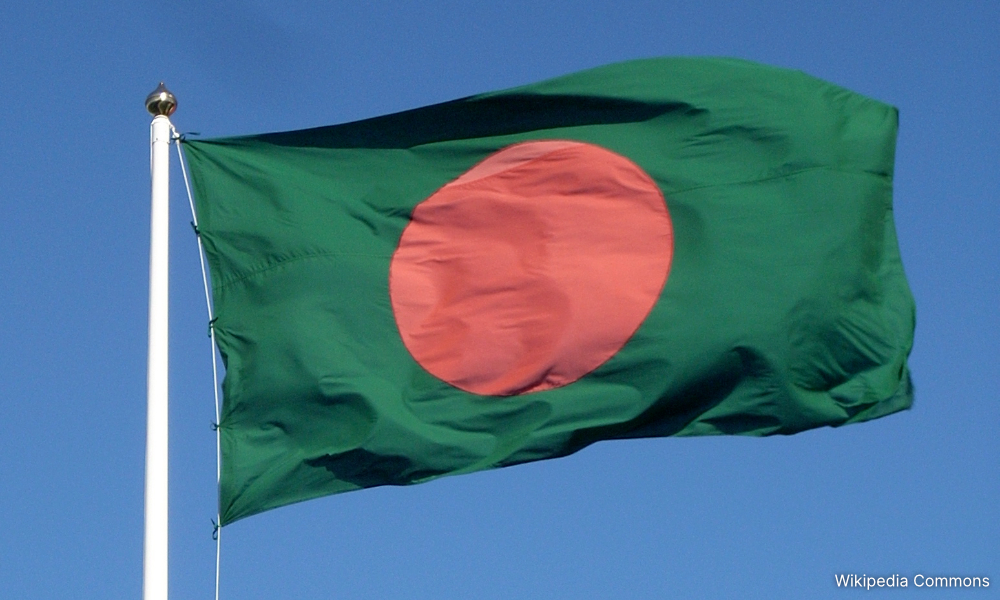
Just as the Arab Spring soon became what Harvard Law School’s Noah Feldman called an Arab Winter, Bangladesh’s democratic renewal could be smothered in its crib.
But a disappointing outcome is far from inevitable. The mass uprisings in the Arab world failed partly because young people played only a limited role in them.
Youth power
In Bangladesh, by contrast, Gen Z protesters led the charge, and they have not stopped at bringing down a dictator. Before a transitional government was created, students and Boy Scouts stepped in to fill the void, performing the duties of traffic police, cleaning crews, and security personnel.
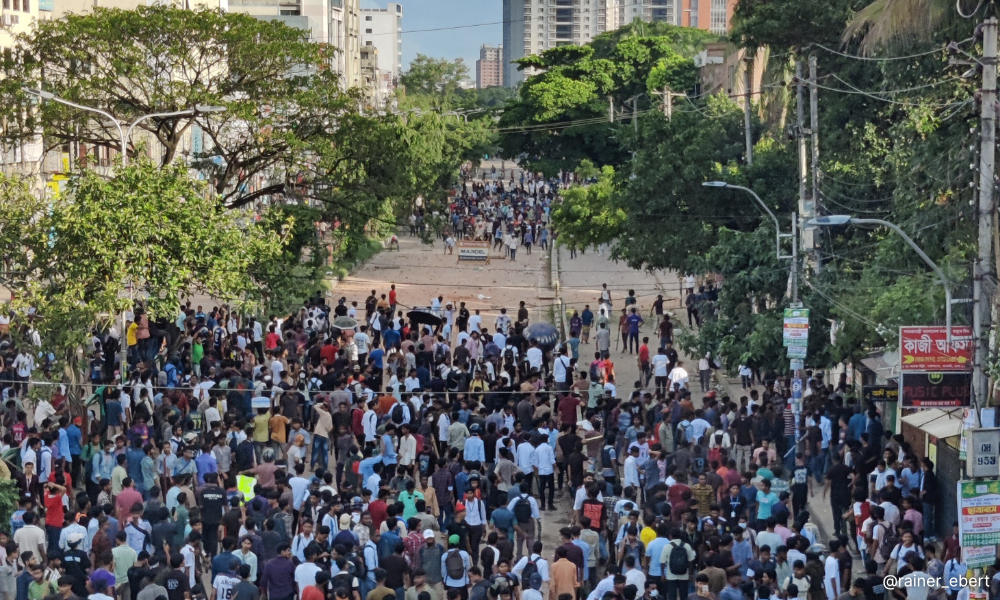
In a heartening sign of what could be, Muslim student volunteers guarded temples and protected Hindu communities.
Most importantly, Bangladeshi youth are exercising political agency, establishing a framework for what comes next, and articulating a vision of good governance and a merit-based society.
Instead of waiting for the army or mainstream political parties to take charge, they convinced Yunus to do so.
With Hasina’s rubber-stamp parliament dissolved and Yunus’s interim government sworn in, Bangladesh has embraced a more inclusive style of leadership – two leaders of the anti-discrimination student group have been appointed to the cabinet.
As long as the country’s elites accept this new reality, and as long as the youth movement remains committed, the country’s “Bangla Spring” will continue.
- Project Syndicate (Mkini)
M NIAZ ASADULLAH is head of the Southeast Asia cluster of the Global Labor Organization, a visiting professor of economics at the University of Reading and a professorial fellow at North South University in Bangladesh.
The views expressed here are those of the author/contributor and do not necessarily represent the views of MMKtT.




No comments:
Post a Comment
Note: Only a member of this blog may post a comment.